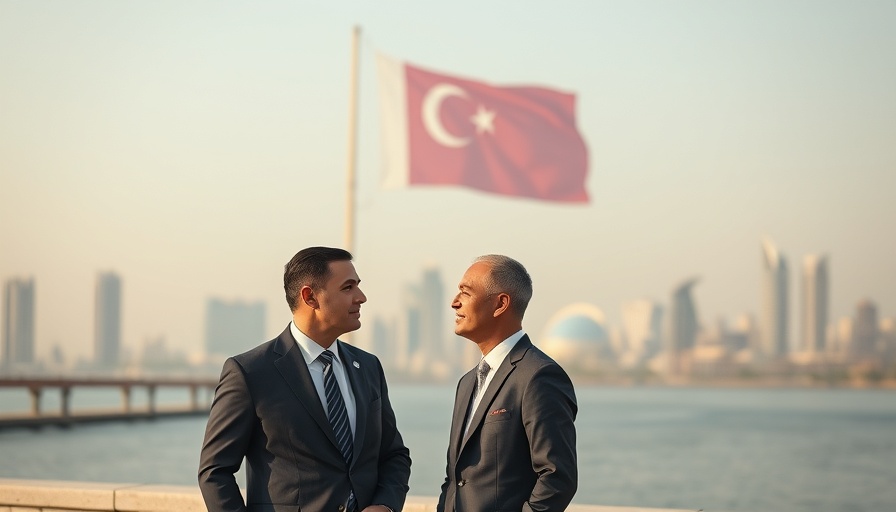
Understanding the Recent Podcast Outrage
Recently, a podcast episode from the FreshAndFit show has stirred significant controversy, igniting outrage across various communities, particularly those sensitive to historical events involving antisemitism and genocide. During the episode, several participants made shocking claims, attributing blame to Jewish people for the Holocaust and even suggesting drastic measures against them. Such incendiary remarks have consequences that echo beyond mere words, stirring painful memories and fostering an environment of animosity.
The Historical Context of Antisemitism
To comprehend the gravity of such statements, it's essential to reflect on the historical context of antisemitism, particularly during the Nazi regime. Adolf Hitler, a figure synonymous with genocide and extreme nationalism, propagated the belief that Jews were an existential threat to society. This perspective fueled the Holocaust, where six million Jews were exterminated. The idea that Hitler aimed to 'save the world' by committing such atrocities is not only historically inaccurate but also dangerously inflammatory, perpetuating harmful myths that continue to resonate in certain circles today.
Social Responsibility in the Age of Media
With the rise of podcasts and digital platforms, voices that were once marginalized can now reach wide audiences. However, this raises questions about the responsibilities of content creators. Shouldn't those with platforms be diligent about the narratives they share? In this case, FreshAndFit has sparked discussions about accountability, especially in relation to historical truth and the potential impact of their claims on real-world attitudes towards marginalized groups, particularly Jews.
Community Reaction and Advocacy
The backlash from the public has been swift and significant. Advocacy groups and community leaders have condemned the podcast's content, urging a universal stand against hate speech. Organizations focusing on Jewish history and the prevention of genocide have raised immediate alarms, pushing for more robust policies against antisemitism in media. For them, it's not just about this podcast but a broader concern about how misinformation and hate speech can snowball into societal violence.
The Importance of Interfaith Dialogue
Amid such challenging discussions, fostering interfaith dialogue is essential. It promotes understanding and compassion among different groups, which is crucial in combating hate and misinformation. Culturally engaged Christians and social justice advocates can play a vital role in these conversations, emphasizing shared humanity over differences. By tackling contentious historical narratives with sensitivity and truth, we can build bridges rather than walls.
What Can We Learn from This Controversy?
This incident drives home the importance of critical thinking and media literacy in the face of provocative statements. As members of a diverse global community, understanding our history—and the consequences of misrepresenting it—is essential. We must advocate for responsible speech while actively engaging in discussions that are honest and respectful. Encouraging our communities to challenge hate and seek truth, we help ensure that history does not repeat itself.
This ongoing debate serves as a reminder of the power of words and their potential impact. Whether you are part of the church community, a policy advocate, or someone interested in fostering a more just society, your voice matters. Let’s stand up against hate and advocate for informed, compassionate discussions that honor those who suffered in the past. Now is the time for action to ensure messages of love and understanding triumph over hate.
 Add Row
Add Row  Add
Add 








Write A Comment